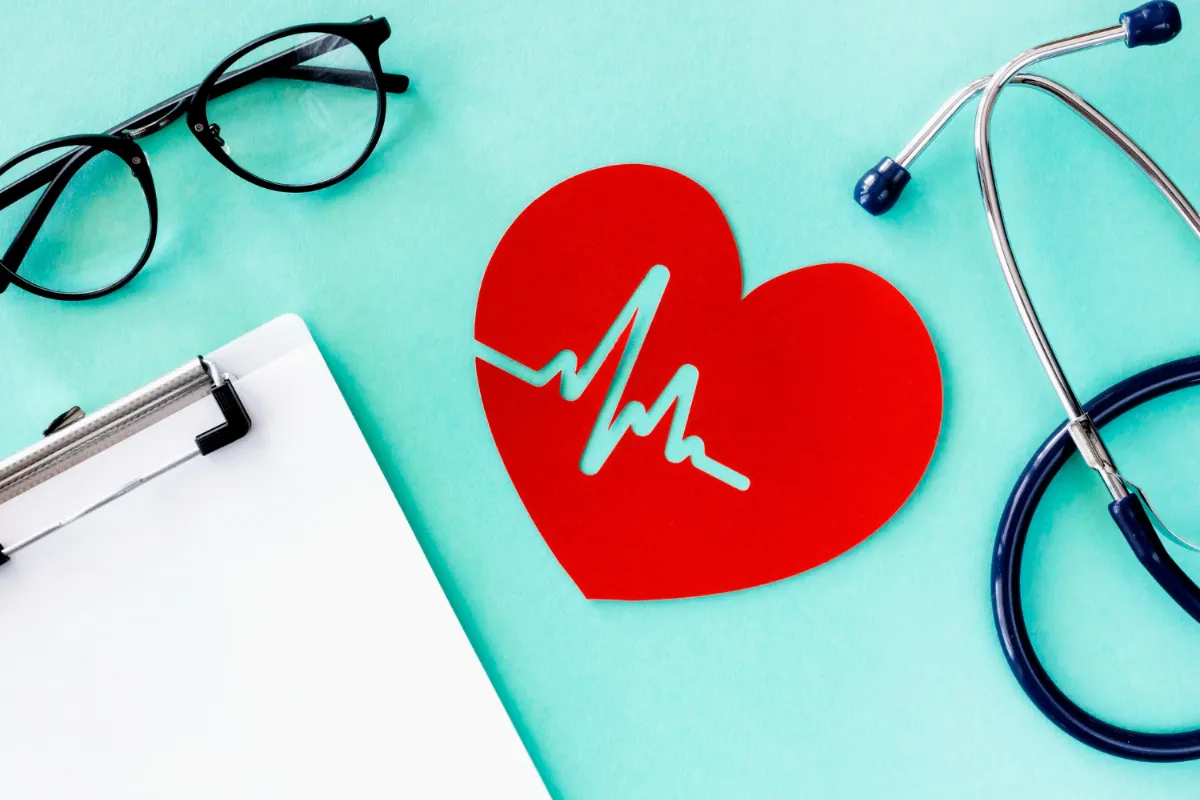Health Tips: Cholesterol is a vital component of our body, playing a crucial role in cell structure and hormone production. However, not all cholesterol is created equal. There are two main types: LDL (low-density lipoprotein) cholesterol, often referred to as “bad” cholesterol, and HDL (high-density lipoprotein) cholesterol, known as “good” cholesterol.
What is Good Cholesterol and Bad Cholesterol?
- Good Cholesterol (HDL): HDL cholesterol is like a friendly neighborhood watch for your cardiovascular system. It helps remove LDL cholesterol from the bloodstream, transporting it to the liver for elimination. Higher levels of HDL are associated with a lower risk of heart disease.
- Bad Cholesterol (LDL): On the flip side, LDL cholesterol can accumulate on the walls of blood vessels, forming plaques that can narrow and block arteries. This increases the risk of heart disease and stroke.
How Cholesterol Affects Your Health
Having an imbalance between HDL and LDL cholesterol levels can lead to various cardiovascular issues. High levels of LDL cholesterol can contribute to atherosclerosis, a condition where arteries become narrowed and hardened due to the buildup of cholesterol and other substances. This restricts blood flow and increases the risk of heart-related problems.
10 Foods to Avoid for High Bad Cholesterol
- Trans Fats: Trans fats are found in many processed and fried foods. They not only raise LDL cholesterol but also lower HDL cholesterol levels. Avoid items like packaged snacks, baked goods, and fried fast food.
- Saturated Fats: Foods high in saturated fats can increase LDL cholesterol. Limit the intake of red meat, full-fat dairy products, and tropical oils like coconut and palm oil.
- Processed Meats: Sausages, hot dogs, and other processed meats contain saturated fats and sodium, contributing to elevated LDL cholesterol. Opt for lean protein sources like poultry or fish.
- Sugar and Refined Carbohydrates: High sugar and refined carbohydrate intake may lower HDL cholesterol and increase triglycerides. Minimize the consumption of sugary drinks, candies, and white bread.
- Excessive Alcohol: While moderate alcohol consumption may have some heart benefits, excessive intake can lead to higher triglyceride levels and contribute to heart problems.
- Fast Food: Fast food is often loaded with trans fats, saturated fats, and excessive calories. Regular consumption can significantly impact cholesterol levels.
- Fried Foods: Fried foods, especially those deep-fried in unhealthy oils, can raise LDL cholesterol. Opt for healthier cooking methods like grilling, baking, or steaming.
- High-Caffeine Beverages: Some research suggests that high caffeine intake may be linked to higher cholesterol levels. Be mindful of your coffee and energy drink consumption.
- Full-Fat Dairy: Whole milk, cheese, and other full-fat dairy products contain saturated fats. Choose low-fat or skim options to maintain a healthy balance.
- High-Sodium Foods: Foods high in sodium can elevate blood pressure and contribute to heart disease. Limit your intake of processed foods and opt for fresh, whole foods.
Disclaimer: This material, including advice, provides general information only. It is in no way a substitute for a qualified medical opinion. Take the methods, and claims mentioned in this article as suggestions only; DNP India does not confirm or refute them. Consult a doctor before implementing any such suggestions/ treatment/medicine/diet.
Keep watching our YouTube Channel ‘DNP INDIA’. Also, please subscribe and follow us on FACEBOOK, INSTAGRAM, and TWITTER












